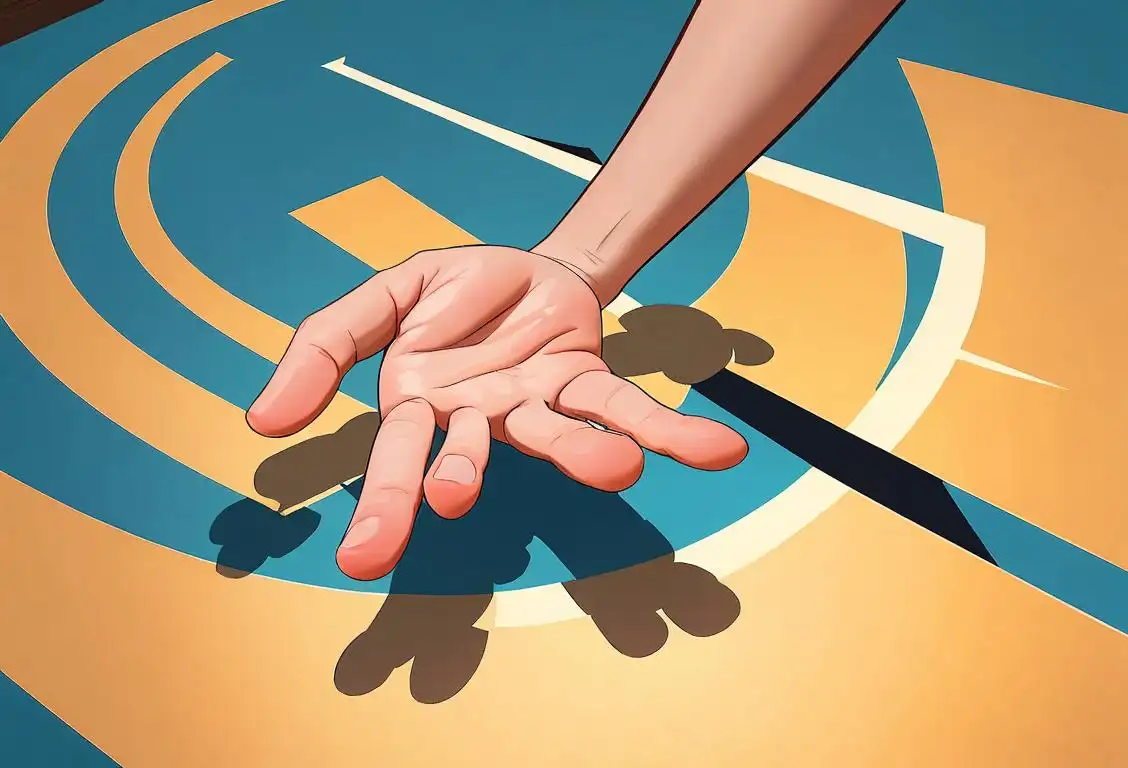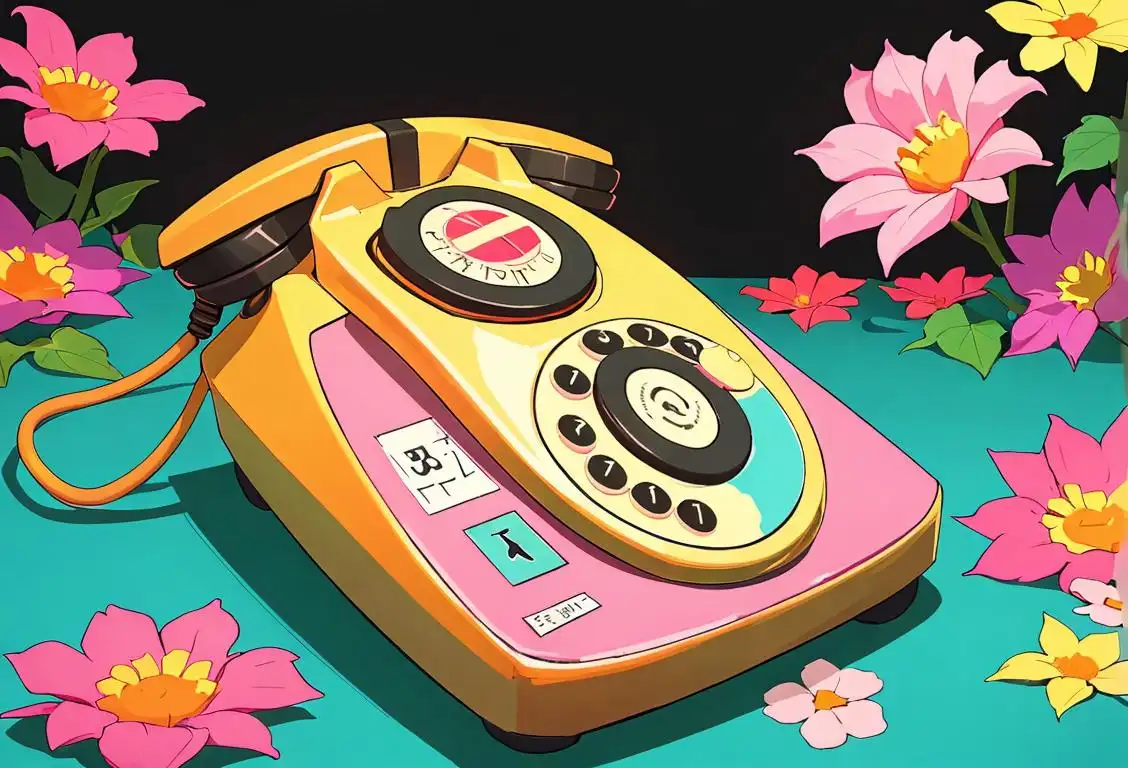National Depression Screening Day

Roll out the red (or should we say, blue?) carpet, folks! We're taking a closer look at a national day that’s so important, it’s certainly no laughing matter. We're talking about National Depression Screening Day, which has been a momentous ripple in the online ocean, creating waves since it first kicked off.
When is Depression Screening Day?
It's national depression screening day on the 6th October.
The Voyage Down the Timeline
National Depression Screening Day (NDSD), contrary to what its name might suggest, doesn’t discriminate. It welcomes anyone and everyone with open arms; after all, mental health doesn’t check its watch, right?
We've seen a staggering 7784 mentions of the day online, proving that this heavy-topic holiday has got everyone buzzing. But it was the 6th October 2016 that truly had our keyboards smoking, with the most mentions hitting cyberspace faster than you can say 'serotonin'.
Spotting the Signs and Symbols
The day encourages us to do two things: screen for signs of depression and actually talk about it. It gave us the great idea: Maybe we should have a National Talk-A-Lot-About-Depression Day too! We could even add some pizzazz with a bedazzled Bluetooth earpiece. Just think about it!
Jokes Aside, It’s a Day to Make a Difference
In all seriousness, NDSD provides the type of support that YouTube tutorials just can't offer. It's about bringing together a whole host of people, strangers and friends alike, to create a safety net that might just catch someone when they need it most.
The Thought that Counts
With NDSD, it's truly the thought that counts. And the conversations, and the screenings, and the shared experiences. From solitary social media posts to group chats, this day has shown that awareness and empathy can, quite literally, save lives.
History behind the term 'Depression Screening'
1977
Recognition of depression as a medical condition
In 1977, the National Institute of Mental Health formally recognized depression as a medical condition, shedding light on the seriousness of this mental health disorder. This acknowledgment helped to destigmatize depression and paved the way for it to receive more attention and research within the medical community.
1989
Development of depression screening tools
Throughout the 1980s, researchers and psychologists worked on developing effective screening tools for the detection of depression. In 1989, the first widely used depression screening tool known as the Beck Depression Inventory (BDI) was developed. This questionnaire-based assessment allowed healthcare professionals to systematically evaluate the severity of depressive symptoms in individuals.
1999
Launch of National Depression Screening Day
In 1999, the first National Depression Screening Day (NDSD) was launched in the United States. The event aimed to increase public awareness about depression and promote the importance of early detection and treatment. During NDSD, people were encouraged to take part in free depression screenings conducted at various healthcare centers and institutions across the country.
2002
Integration of depression screening into primary care
Recognizing the value of early detection and intervention, primary care settings began integrating depression screening into routine healthcare protocols. The use of validated screening tools, such as the Patient Health Questionnaire (PHQ-9), allowed primary care providers to more effectively identify and assess patients at risk for depression.
2003
Expansion of depression screening efforts
In 2003, the United States Preventive Services Task Force (USPSTF) recommended routine depression screening for adults in primary care settings. This endorsement further emphasized the significance of depression screening as a preventive measure, ensuring early intervention and improved outcomes. The expanded efforts helped to raise public awareness and reduce the associated stigma with seeking mental health support.
Present
Continued efforts and advancements
In the present day, depression screening continues to be an important aspect of mental health care. With advancements in technology, online and digital platforms now offer accessible depression screening tools and resources. Furthermore, ongoing research focuses on enhancing the accuracy and effectiveness of screening methods, ultimately striving for improved identification and management of depression.
Did you know?
Here's a giggle-worthy nugget for you - Finland, a country known for being world's happiest place, also holds one of highest rates of diagnosed depression cases. Now, isn’t that something to chew on?Tagged
awareness mental health support empathy conversations depression screening dayFirst identified
13th May 2015Most mentioned on
6th October 2016Total mentions
7784Other days
Depression Screening Day
Bipolar Awareness Day
Schizophrenia And Psychosis Awareness Day
Mental Health Awareness Day
Narcissistic Abuse Day
Self Harm In History Day
Suicide And Crisis Line Is Open Twenty Four Hours A Day
Suicide Prevention Day
Suicide And Crisis Hotline Is Open Twenty Four Hours A Day
Eating Disorder Week And I To This Day






